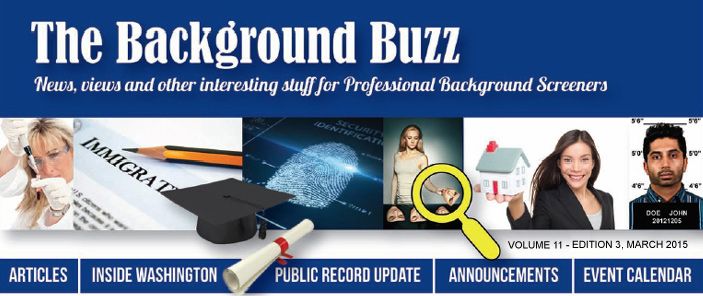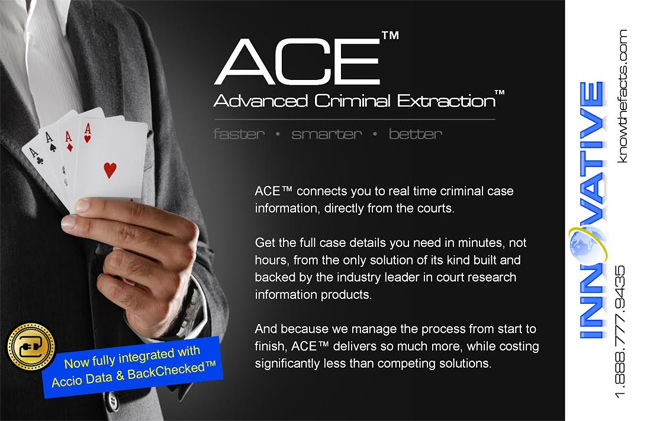| Correct!
(B) While 15 U.S.C. sec. 1681(i) only requires
that a reinvestigation is required as to “information
contained in the consumer’s file at a consumer reporting
agency”, it is best practices to have a system in
place as a reasonable procedure to note information that
is disputed even when no file is still maintained. This
allows the CRA to avoid reporting information that it has
become aware is incorrect in the event a new report is requested
on the consumer. No copy of any corrected or revised report
should be sent to the end user at this point, as its permissible
purpose is no longer valid. Of course, if the consumer requests
that a report be sent to a certain end user, it would be
appropriate to do so upon written request from that consumer.
Question:
John Smith contacts you to dispute information you sent
to an end user. The date of your submission of that information
to your client was over a year ago. When you review your
file you discover you no longer have any information on
Mr. Smith. You verify, however, that the information Mr.
Smith claims you reported is not accurate information that
should be reported on him. What should you do?
A.
You should advise Mr. Smith that you do not maintain any
information on him so there is nothing further you can do.
B.
You should advise Mr. Smith that you do not currently have
any information on him, but that you will retain information
regarding his dispute in your system so that if a report
is requested on him in the future you can ensure that this
incorrect information is not reported.
C.
You should ask Mr. Smith to provide you with the list of
end users that you provided his report to, and you should
send them a revised report omitting the disputed information.
D.
(B) and (C).
|


